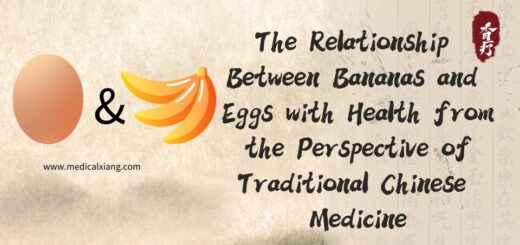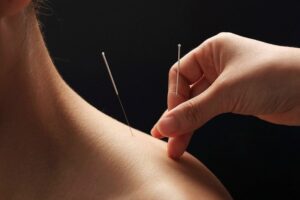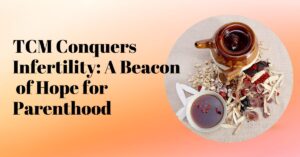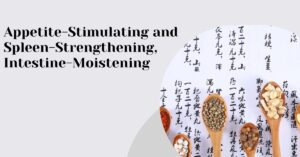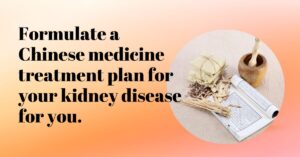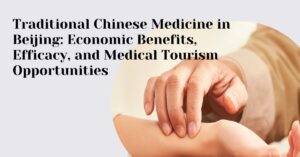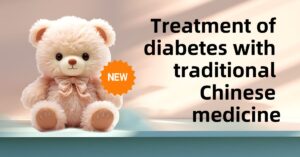The Benefits of Traditional Chinese Medicine Aromas to Human Health
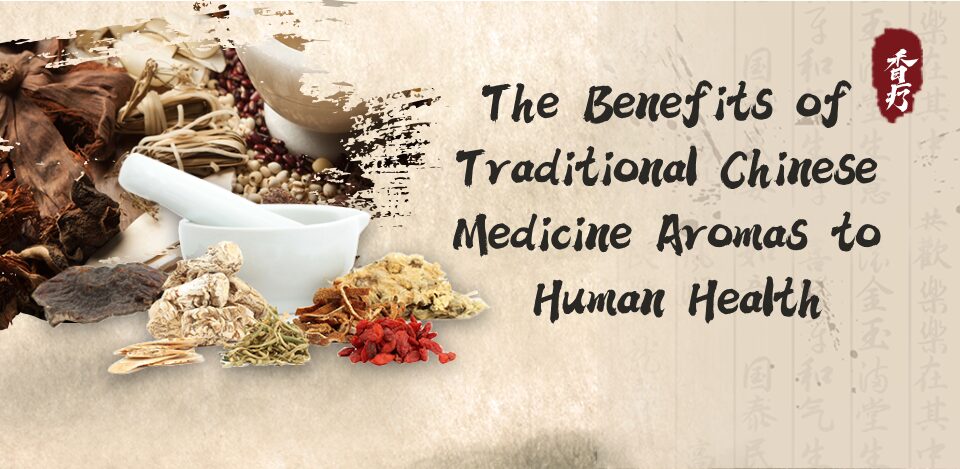
Sources and Chemical Composition of Traditional Chinese Medicine Aromas
The aromas of traditional Chinese medicine (TCM) stem from their volatile components, including essential oils, aromatic compounds, and other volatile substances. These components can be extracted through distillation and other methods. For instance, volatile oils from mugwort, methyl cinnamate from osmanthus, and cyperone from cyperus are common aromatic components in TCM.
Main Benefits of TCM Aromas
- Relieving Stress and Anxiety
Aromas can affect emotions and mental states by transmitting signals through the olfactory nerves to the limbic system in the brain. Research indicates that certain TCM aromas have calming and anxiety-reducing effects. For example, lavender essential oil is widely used in aromatherapy for its notable sedative and relaxing properties. - Improving Sleep Quality
Some TCM aromas can help improve sleep quality. Aromas from jasmine, lavender, and rose can promote sleep and reduce insomnia. These scents help regulate the nervous system, making it easier for people to enter deep sleep, thereby enhancing overall sleep quality. - Enhancing Immune Function
Certain TCM aromas have immune-boosting properties. For example, the aroma of mugwort is believed in TCM to expel cold and dampness and strengthen the body. The scent released by burning mugwort sticks can purify the air and, when absorbed through the skin and respiratory tract, enhance immunity. - Antibacterial and Antiviral Effects
Some TCM aromas possess antibacterial and antiviral properties. Studies have shown that essential oils from mint, eucalyptus, and tea tree have significant antibacterial and antiviral effects. These aromas can be inhaled as steam or used as sprays, forming a natural protective barrier in the air to reduce the spread of pathogens. - Improving Cognitive Function
TCM aromas can also promote cognitive function. For example, the scent of rosemary has been shown to enhance memory and concentration. Its active components act on the brain through the olfactory nerves, increasing nervous system excitability and promoting cerebral blood circulation, thereby boosting cognitive abilities.
Application Methods of TCM Aromas
- Incense Burning
Burning TCM aromatic materials or essential oils releases their fragrance into the air, which is inhaled to achieve relaxation and therapeutic effects. This simple and convenient method is suitable for home use. - Aromatic Sachets
Herbal materials are placed in cloth bags to make aromatic sachets that can be carried around, allowing individuals to enjoy the benefits of TCM aromas anytime while also providing health protection. This method is widely used in TCM, especially for children and the elderly. - Essential Oil Massage
Diluted TCM essential oils are used for massage, allowing their aroma and active ingredients to penetrate the skin. This method not only provides the benefits of TCM aromas but also achieves relaxation and therapeutic effects through massage. - Steam Inhalation
Herbal materials or essential oils are added to hot water, and the steam is inhaled to absorb the aroma and active ingredients. This method is often used to relieve respiratory infections and nasal congestion and is highly effective.
Conclusion
The aromas of traditional Chinese medicine are considered to have multiple benefits in both traditional Chinese and modern medicine, including relieving stress, improving sleep, enhancing immunity, providing antibacterial and antiviral effects, and improving cognitive function. Through various application methods, people can fully utilize the health benefits of TCM aromas in daily life. However, it is important to note that while TCM aromas have many benefits, their effects vary from person to person, and professional advice should be followed to avoid excessive or improper use. The content of this article represents personal opinions only, and health issues should still be addressed with professional medical guidance.
Disclaimer: This article represents personal opinions only. Health issues should be addressed with advice and guidance from doctors or professional healthcare providers.


